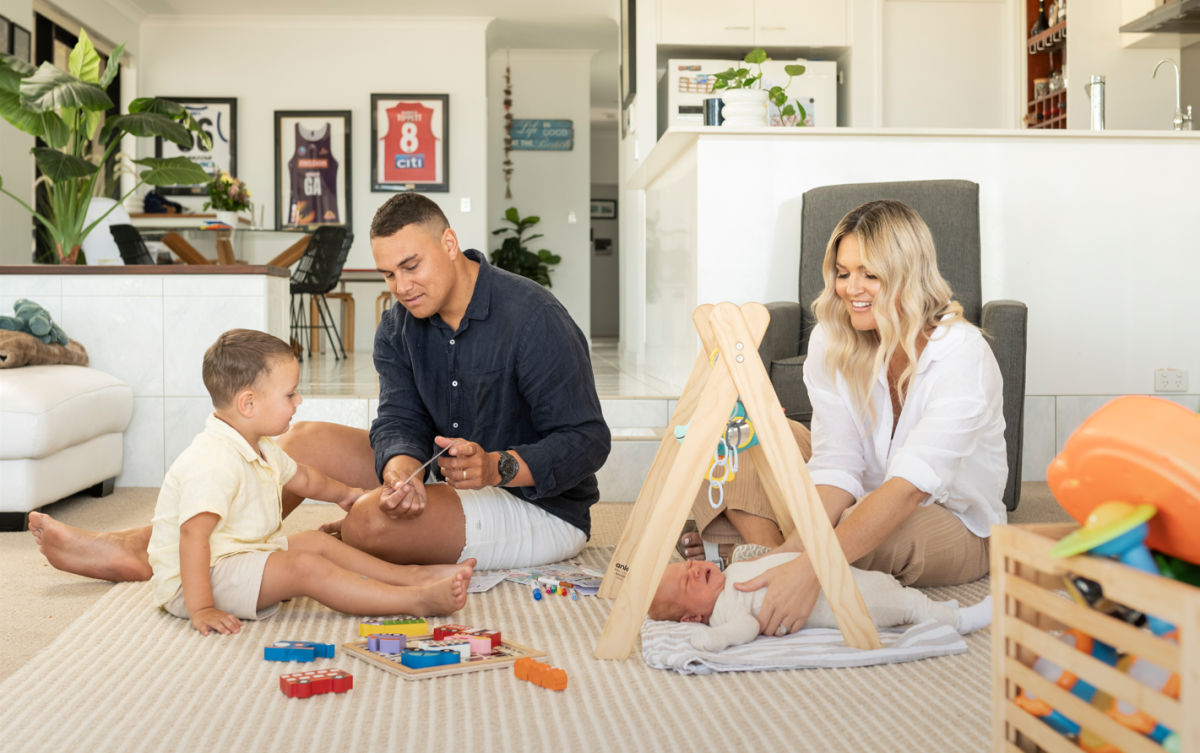Ahead of International Foetal Alcohol Spectrum Disorder (FASD) Awareness Day on 9 September, DrinkWise and medical practitioners are advising women to abstain from alcohol when planning a pregnancy, during pregnancy and breastfeeding.
According to new DrinkWise research, nine in ten Australians (91 per cent) agree that it is safer not to drink any alcohol during pregnancy, with that figure increasing to 94 per cent among women aged 18 to 44 years-old. Of those women, 87 per cent said no amount of alcohol should be consumed during any stage of pregnancy, which is a significant increase compared to the 82 per cent in 2022 and the 76 per cent in 2019.
While these statistics are positive, the research also revealed that only 58 per cent of Australians know that FASD is completely preventable.
Obstetrician Dr Vicki Carson is lending her voice to the campaign, and raising awareness about the effects of FASD.
“Prenatal exposure to alcohol can reduce the size and weight of the foetal brain. It can also directly damage regions of a baby’s brain that are critical for learning, memory, behaviour, language and decision-making,” said Dr Carson.
Dr Carson emphasized the importance of education when ensuring expectant mothers make healthy choices.
“We do know the importance of education and the critical role doctors, obstetricians and midwives play, which is why I encourage all my colleagues to remind their pregnant patients that there’s no proven safe amount of alcohol which can be consumed while planning for a baby, during pregnancy or while breastfeeding and it’s best to avoid alcohol altogether during these times,” she said.
“When I see a couple who already has one child affected by FASD, the most common reason I hear is that they didn’t know to avoid or abstain from alcohol during pregnancy or they thought a little bit wouldn’t hurt. And that’s just a reminder how important this campaign is,” Dr Carson added.
DrinkWise CEO Simon Strahan said that while statistics are trending towards abstinence during pregnancy, there is still more to be done to increase awareness.
“It’s great that more and more Australian women are understanding that they shouldn’t be consuming alcohol if they are planning a pregnancy, pregnant or breastfeeding, but it is critical that we continue education campaigns that can help deliver this important health message,” Strahan commented.
DrinkWise research indicated that 55 per cent of partners would encourage their pregnant loved one not to drink when trying to conceive, when pregnant or when breastfeeding. Additionally, almost half of all partners (51 per cent) said that they would stop drinking altogether to help support their partner during this period.
“It’s incredibly encouraging to see more partners are supporting women to abstain from alcohol during their pregnancy journey. This message to abstain from alcohol when planning a pregnancy, when pregnant and when breastfeeding, isn’t just for expectant mothers, it’s for partners, families and the wider community to understand and support too,” said Strahan.
“DrinkWise is committed to providing ongoing education and support to ensure that all Australians know that FASD is 100 per cent preventable,” he added.
Australian Diamonds Netball star and nutritionist Gretel Bueta has also joined the campaign, only weeks after she announced the birth of her second child.
“As a new mum-of-two, I’m so grateful that my boys were born happy and healthy. With my background in nutrition and through consulting with doctors and doing the research, I knew you just shouldn’t be drinking when you are trying to conceive, when you actually fall pregnant and while you’re breastfeeding,” Bueta said.
“I think most people know to avoid alcohol when they are pregnant but maybe they’re not so aware of the specifics of FASD, so I’m happy to be lending my voice to this campaign to help bring awareness and encourage other mums and mums-to-be to not drink alcohol when they are trying for a baby, when they’re pregnant or when they are breastfeeding,” she concluded.

